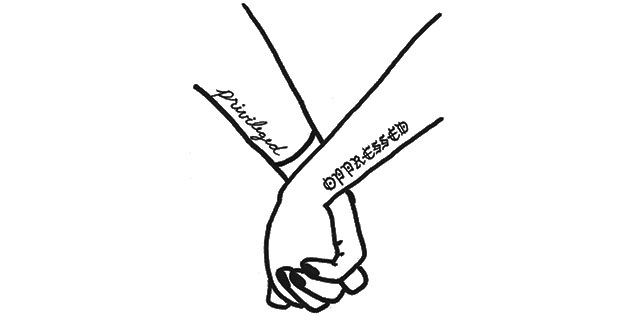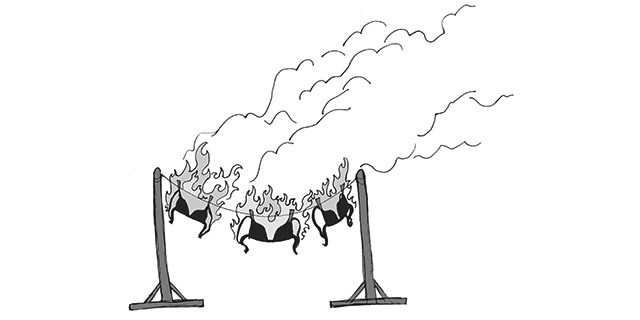
In today’s world, with the power of advanced technology and social media, when a politician or public figure makes a mistake, it spreads quickly. Scandals in politics and their corresponding pleas for forgiveness have become somewhat expected, and the emergence of improved technology in the past two decades has made the public hyper aware when a politician makes a mistake. Bill Clinton’s 1998 affair with Monica Lewinsky was hugely publicized on television, and more recently, Anthony Weiner’s sexting scandal and Todd Aiken’s “legitimate rape” comment have exploded on various social media platforms such as Facebook and Twitter.
Usually, with each scandal comes a carefully scripted public apology meant to do as much damage control for the politician’s career as possible. Though the issues change, the format of a political apology has evolved very little over the years. Apologies usually occur close to an election during which a politician hopes to be elected and are generally presented in the format that he or she believes will reach the most voters, whether via a newspaper article, a speech or a televised ad.
When public figures feel compelled to apologize for something, it is usually for something serious that would otherwise completely ruin their careers. Political apologies are often somewhat of a last resort, as they are very high stakes. According to the Harvard Business Review, “a successful apology can turn enmity into personal and organizational triumph—while an apology that is too little, too late, or too transparently tactical can bring on individual and institutional ruin.” Because of this, apologies are crafted very carefully and generally include a confession to an ethical mishap, an expression of remorse and an attempt to make amends with the person or group of people who were wronged.
Though political apologies have become more accessible to the public, apologies by politicians can be dated back to the times of our country’s political pioneers. In fact, the first documented apology was written in 1731 by Benjamin Franklin and published by the Pennsylvania Gazette. In this several-pages-long article, Franklin apologizes for printing unpopular opinions in the Gazette even though it is well known that Franklin strongly supported freedom of the press. Although Franklin’s expression of opinion might not be as controversial in today’s world, his public apology demonstrates that for centuries, politicians have been apologizing for things that they may not always feel remorse for. Today, this phenomenon has led to the creation of several blogs such as Terrible Apologies and SorryWatch that mock politicians apologizing insincerely, websites on how to craft the perfect political apology, and a Wikipedia page entitled “Sorry (Not Sorry): Apologies in Politics.”
Many of us are skeptical that politicians are remorseful for their mistakes. “Honestly, when a politician apologizes, 99% of the time I don’t really believe them. It usually doesn’t really seem like they actually feel bad. They just want to be elected again,” Mabel Jones ’17 said.
According to an article published by POLITICO, a political news site, political apologies often use the passive voice, which results in them being deemed ineffective. The article claims that political apologies usually include passive statements such as, “mistakes were made”, conditional statements such as, “if what I did was offensive” and indefinite pronouns including, “I apologize to anyone hurt by my actions”. The article also states that the use of these three things generally renders an apology useless, as they make the apology seem evasive, vague, and insincere. As a result, apologies can often fall through despite careful planning.
Although it could be detrimental to a politician’s career, a public figure should not apologize until he or she is truly ready to do so, as it can often come off as insincere. At the same time, it is important that the American public try to be forgiving and give public figures a second chance, since everyone makes mistakes.





Chantal Rinkus • Apr 15, 2016 at 11:53 am
I conceive this website holds some rattling fantastic info for everyone :D. “As ill-luck would have it.” by Miguel de Cervantes.